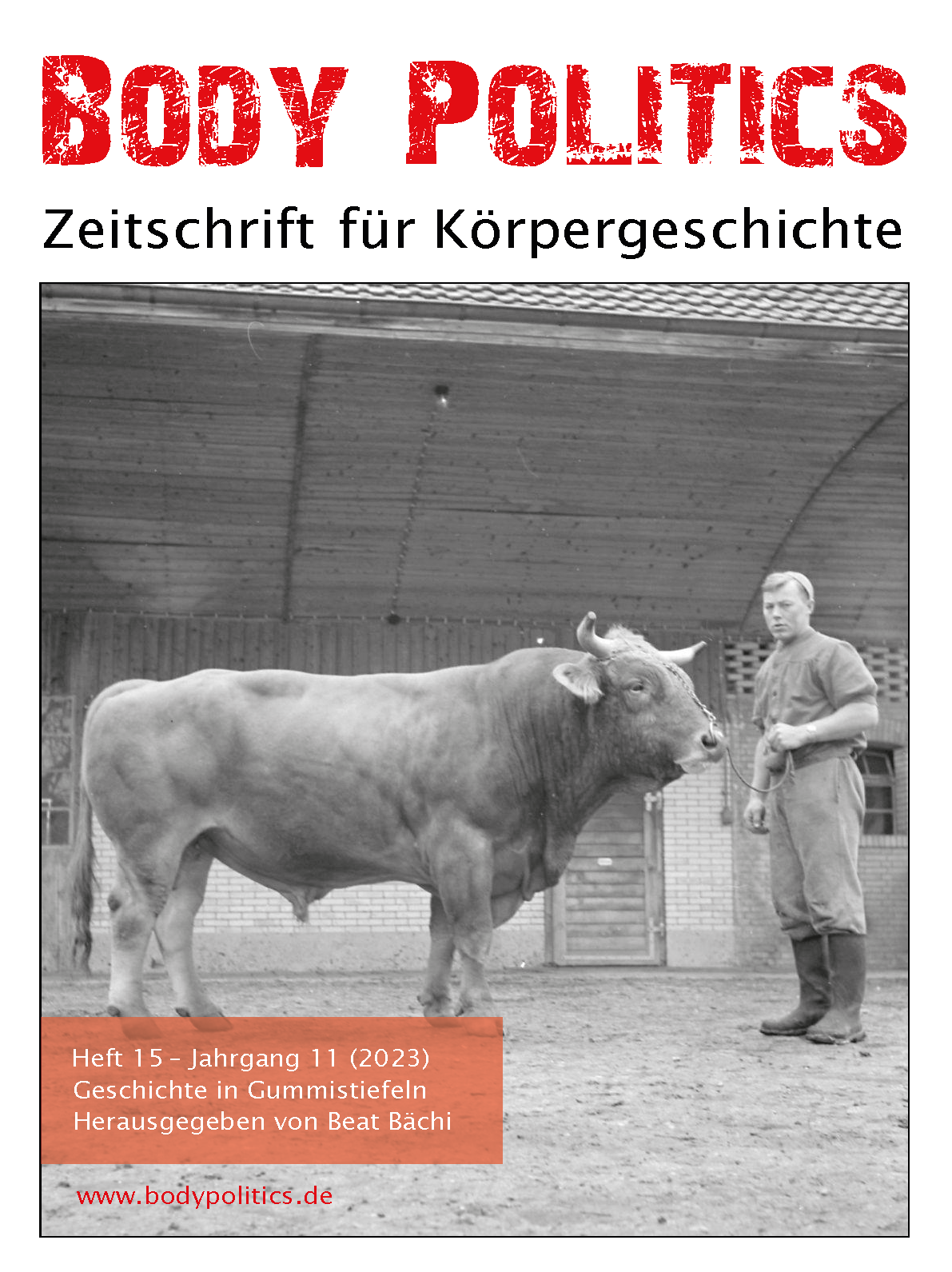Global Yoga in Eastern Europe
Tracing Cultural Brokers in Socialist Czechoslovakia and Poland
DOI:
https://doi.org/10.12685/bp.v11i15.1557Abstract
English abstract: This paper investigates the transmission and institutionalization of modern yoga in socialist Czechoslovakia and Poland between the 1960s and 1980s, analyzing the roles played by “cultural brokers” (B. Hauser) Milada Bartoňová and Tadeusz Pasek. The analysis pursues a dual purpose: firstly, to enrich research on connections between socialist Europe and the Global South, shedding light on hitherto overlooked transmissions of ideas of health and spirituality; secondly, to bridge a gap in yoga studies by turning to the as yet understudied case of state-socialist societies. In so doing, the article reveals the malleability of socialist cultures and their ability to integrate cultural patterns that were seemingly at odds with state-socialist ideology. Through the cases of Bartoňová and Pasek, we illustrate how individual actors both interacted with yoga schools in India and aligned yoga with socialist agendas at home while accommodating the practice’s ideological ambiguities. The paper concludes that biopolitical concerns of preserving workforce productivity in advanced modernity fostered the popularity of psychophysical practices such as yoga in societies of both the Western and Eastern blocs, thus exemplifying modern yoga’s adaptability to diverse normative frameworks.
Downloads
Veröffentlicht
Ausgabe
Rubrik
Lizenz

Dieses Werk steht unter einer Creative Commons Namensnennung - Nicht-kommerziell - Keine Bearbeitung 3.0 International -Lizenz.


